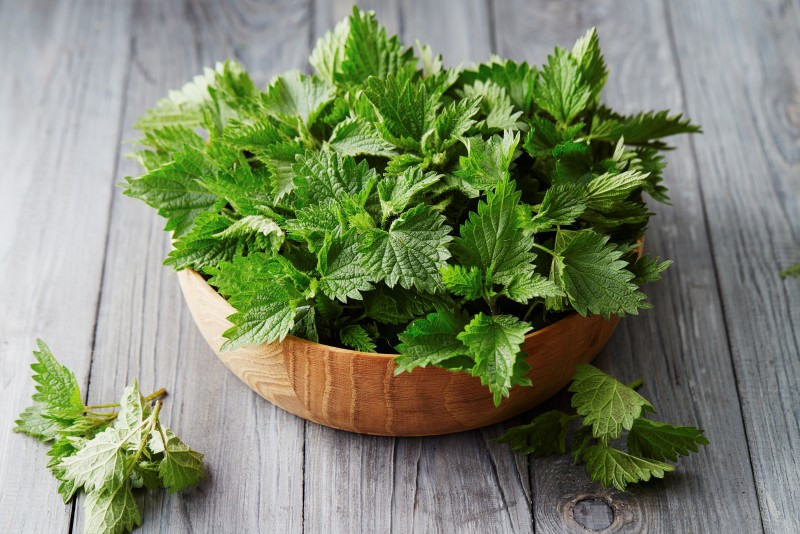Stinging nettle is a unique plant. Not only does it have distinctive physical attributes, it also has an interesting history and robust reputation as an herbal remedy.
What Is Stinging Nettle?
Stinging nettle is a
perennial plant native to Europe, North America, and parts of Africa and Asia. It has a long history of use as an herbal remedy, and has been utilized in both textiles and cosmetics as well. The stinging nettle's leaves are rough in texture and contain trichomes that irritate the skin of those who brush them. However, the leaves are also harvested and used as an herbal remedy.
One way to consume stinging nettle is to
prepare tea from its leaves. Moreso, stinging nettle leaves can be consumed directly if they are heated or cooked. They are used as feed for some animals. Perhaps the most common source used to consume this herbal remedy is in tablet form.
Reasons to Take Stinging Nettle
Some uses of stinging nettle show clear evidence to substantiate its use as a natural supplement, although more research is to be done to verify stinging nettle's efficacy across the board. It is recommended that you discuss stinging nettle's use with your healthcare provider before using it for the first time. Know exactly what you are getting and if your body is suitable for it.
Alleviating BPH and bladder issues is one of the most renowned areas of use for stinging nettle. BPH stands for benign prostatic hyperplasia, which is another name for an enlarged prostate, which can cause bladder issues and discomfort. Stinging nettle has been evaluated and found effective at treating BPH symptoms in animal studies, and it's believed that this carries over to humans as well. It can be most beneficial if used in combination with saw palmetto, another herbal supplement.
Seasonal allergies: Studies have shown that stinging nettle has a
mitigating effect on allergies by working as an antihistamine. It can also reduce related inflammation, thus reducing itching and hives brought on by allergies.
Osteoarthritis and associated joint pain can be alleviated to some extent by way of consuming stinging nettle. It is often used in tandem with an NSAID (non-steroidal anti-inflammatory drug) to treat osteoarthritis. This benefit is a result of stinging nettles mitigating influence on inflammation.
Addressing diabetes is a potential use of stinging nettle. It has been shown to
improve blood glucose levels in diabetic individuals in one study. Similar evidence has been produced in animal studies. Stinging nettle's mitigation effect on high blood glucose is significant.
Eczema is a mild ailment of the skin that can be addressed with stinging nettle. The
antihistamine and anti-inflammatory properties of this herbal supplement can make it effective in this regard. It's been shown to reduce both rash and redness associated with eczema. Stinging nettle in supplement form is most commonly consumed orally or applied topically.
Stinging nettle is a remarkable herbal remedy that can be useful in a variety of contexts. If any of the above ailments are nagging at you or a family member, consider how an oral stinging nettle supplement could be beneficial.

